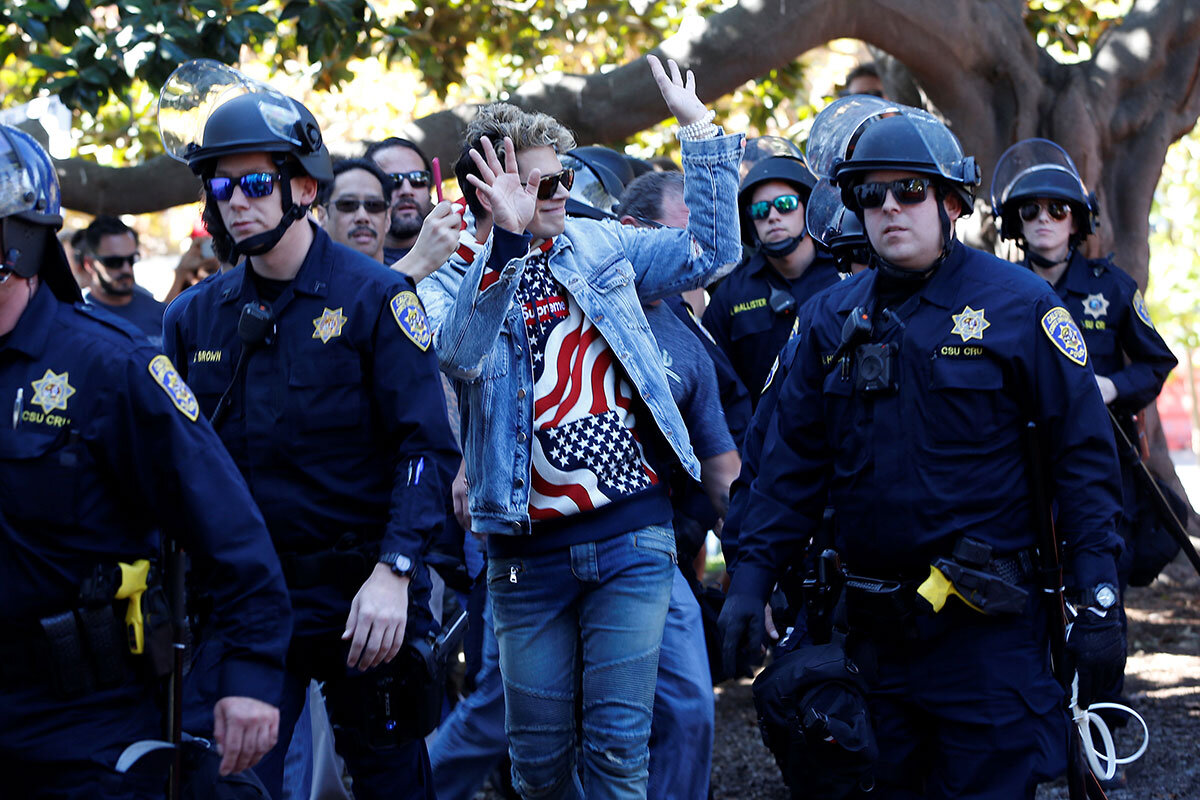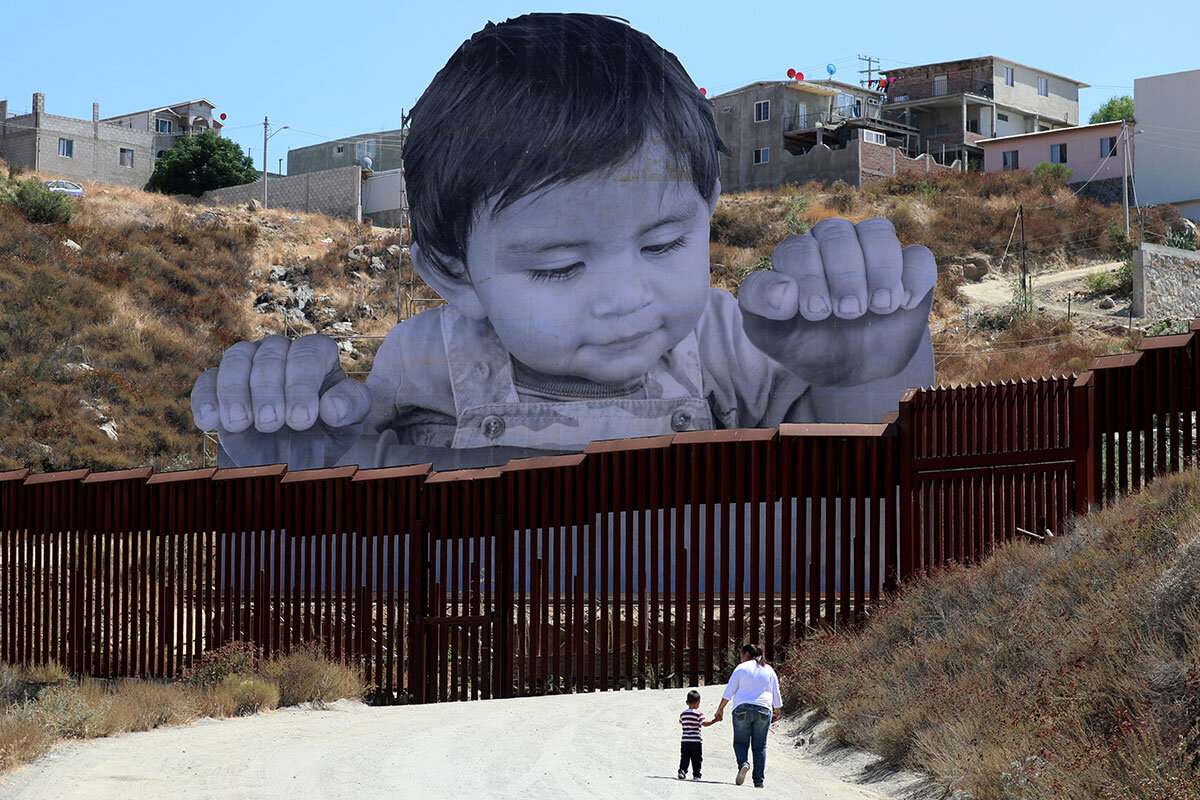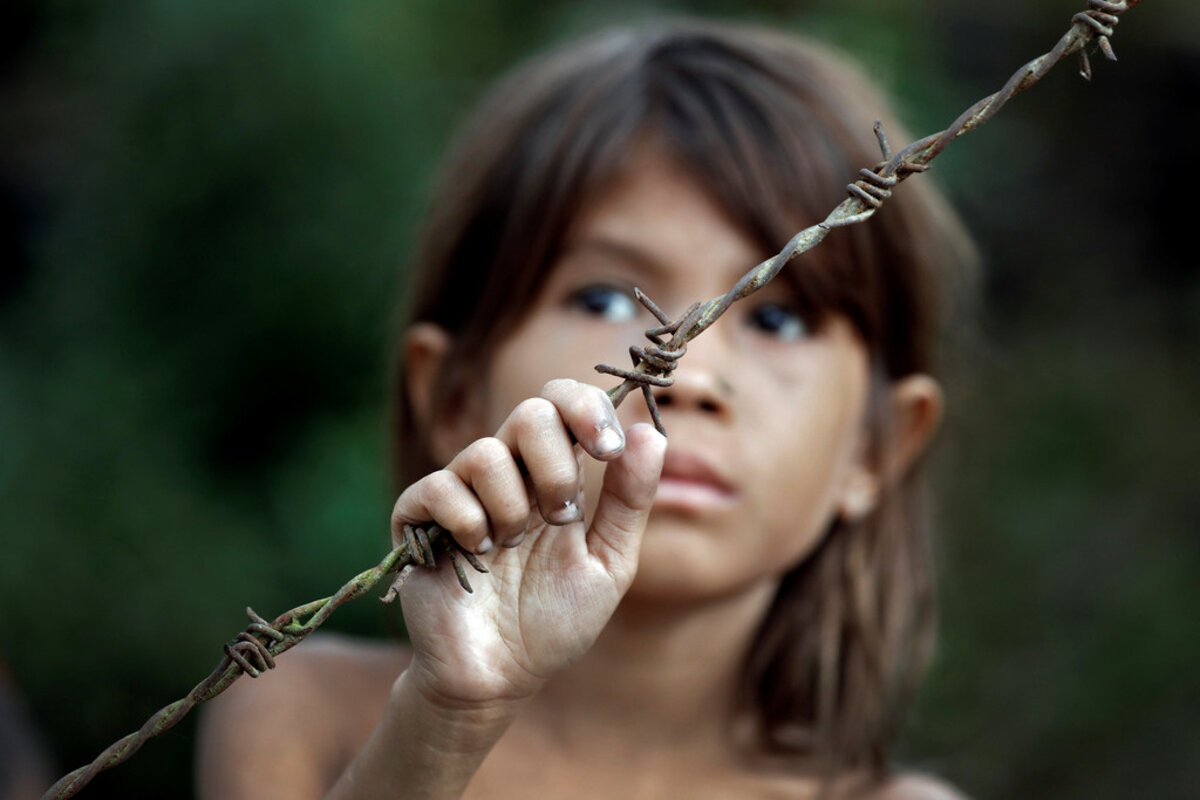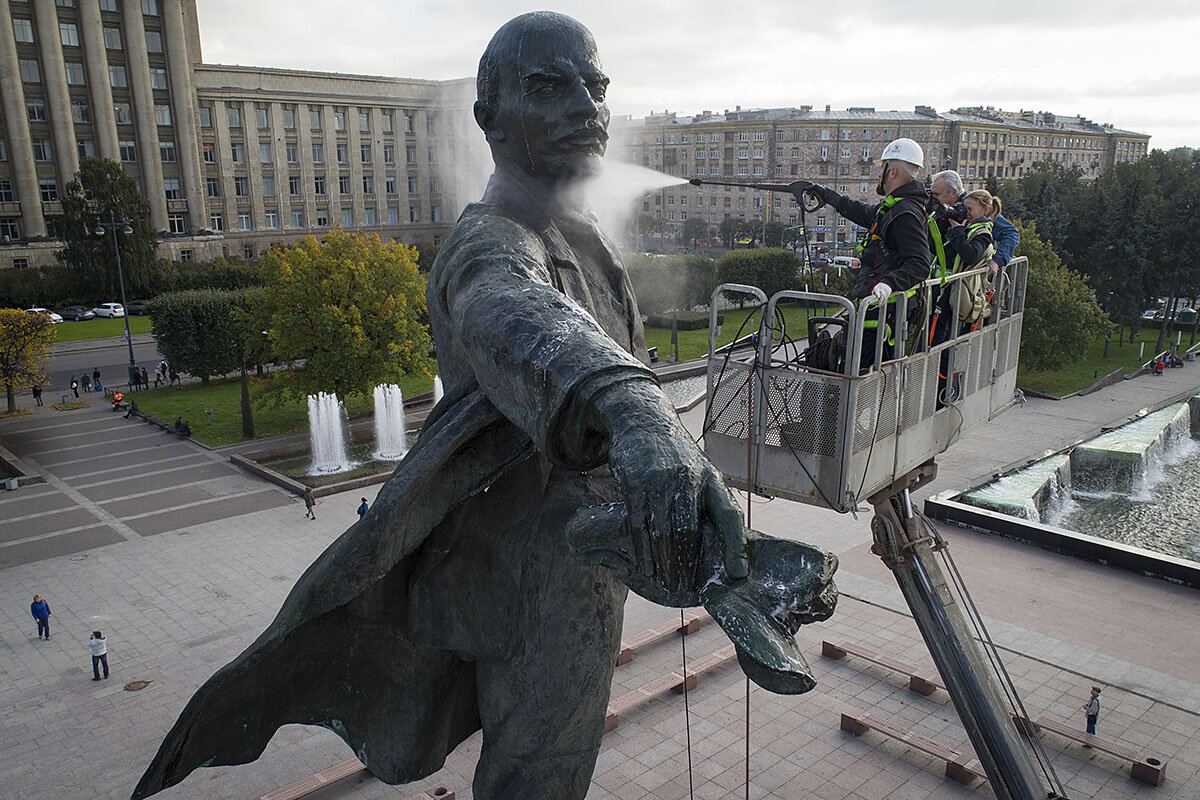We have seen this in too many places – from Rwanda to Bosnia to Syria – over recent decades. A country erupts in extreme violence between different groups. The rest of the world condemns the human rights violations and either intervenes with force, imposes sanctions, or does nothing. Afterward, lessons are drawn on how to fix the international moral order.
Now it is Myanmar’s turn. The majority Buddhist country, also known as Burma and still largely under the thumb of the military and not Nobel Peace Prize winner Aung San Suu Kyi, is being condemned for recent attacks on the minority Muslims known as Rohingya. More than 480,000 Rohingya have fled into Bangladesh. At least 1,000 have been killed.
On Sept. 28, the United Nations Security Council held its first open session to discuss the crisis. UN Secretary-General António Guterres called it a “humanitarian catastrophe.” Another UN official said Myanmar’s military operation is a “textbook example” of ethnic cleansing. France went further and called it “genocide.”
Such responses by those upholding the universality of human rights presume that exposing such evil is good enough. That it will somehow shame the Myanmar government into submission. Or that extolling universal values such as tolerance will somehow persuade the Buddhist nationalists to view their country’s Muslims not as “the other” but as individuals in a shared society.
Yet, as in other crises with similar atrocities, this kind of condemnation or the assertion of rights does not always work.
Why is this too often the case?
A new book by a leading human rights advocate, Michael Ignatieff, a Canadian scholar and rector of the Central European University in Hungary, offers a compelling case for a different approach. The book, “The Ordinary Virtues: Moral Order in a Divided World,” took him on a three-year, eight-nation journey to listen to vulnerable communities under stress. He talked to slum dwellers in Brazil, people in an isolated village in South Africa, those in a Japanese town devastated by a tsunami, former enemies in Bosnia, and people in the diverse neighborhoods of New York’s borough of Queens. He even talked to militant, anti-Muslim monks in Myanmar.
Dr. Ignatieff discovered that societies living under harsh social, economic, or physical conditions do indeed have their own inherent values, or “ordinary virtues,” such as compassion and mercy. But they may not regard this “moral operating system” as universal. They frame it as local. Such virtues – including equality – are seen not as an obligation but as a “gift,” negotiated between individuals, one at a time within society and in the spirit of reciprocity and solidarity. Whatever values are held in common are a result of transactions and are not a right. And gratitude is a necessary part of those transactions.
When outsiders such as the UN try to impose ideals and rights as universal, such communities often reject it. In the current case of Myanmar, the UN’s voice is not persuading the country’s majority. “At the moment, international human rights is a bystander on this story,” says Ignatieff. “It is not where we are right now.”
The real issue, he says, is how to change the political discourse in a country to focus more on its “ordinary virtues,” such as hospitality, in ways that will allow people to accept “the stranger” and break down stereotypes. In Bosnia, for example, Ignatieff found victims of a 1995 genocide were able to resume living side by side with perpetrators after dealing with them as individuals and not as people with a collective identity, such as “Serb.”
Too often a society with different types of groups is co-opted by leaders who exploit the ordinary virtues and create fear. They might claim one group has betrayed the other’s generosity. Or that a group’s current suffering is a result of those different from them. Or they use false categorization, such as the way Myanmar’s military and some monks claim all Muslims are terrorists.
To save the Rohingya, the UN and others may need to speak not to Myanmar’s military but directly to the people. They could try to use the language of “ordinary virtues,” and not the language of the UN Universal Declaration of Human Rights. They could listen carefully to fears of “the stranger” in Myanmar.
If such compassion can beget compassion in that country, ordinary virtues might someday become more universal. The world’s moral order might then become strong enough to prevent another mass evil.
 Yvonne Zipp
Yvonne Zipp










